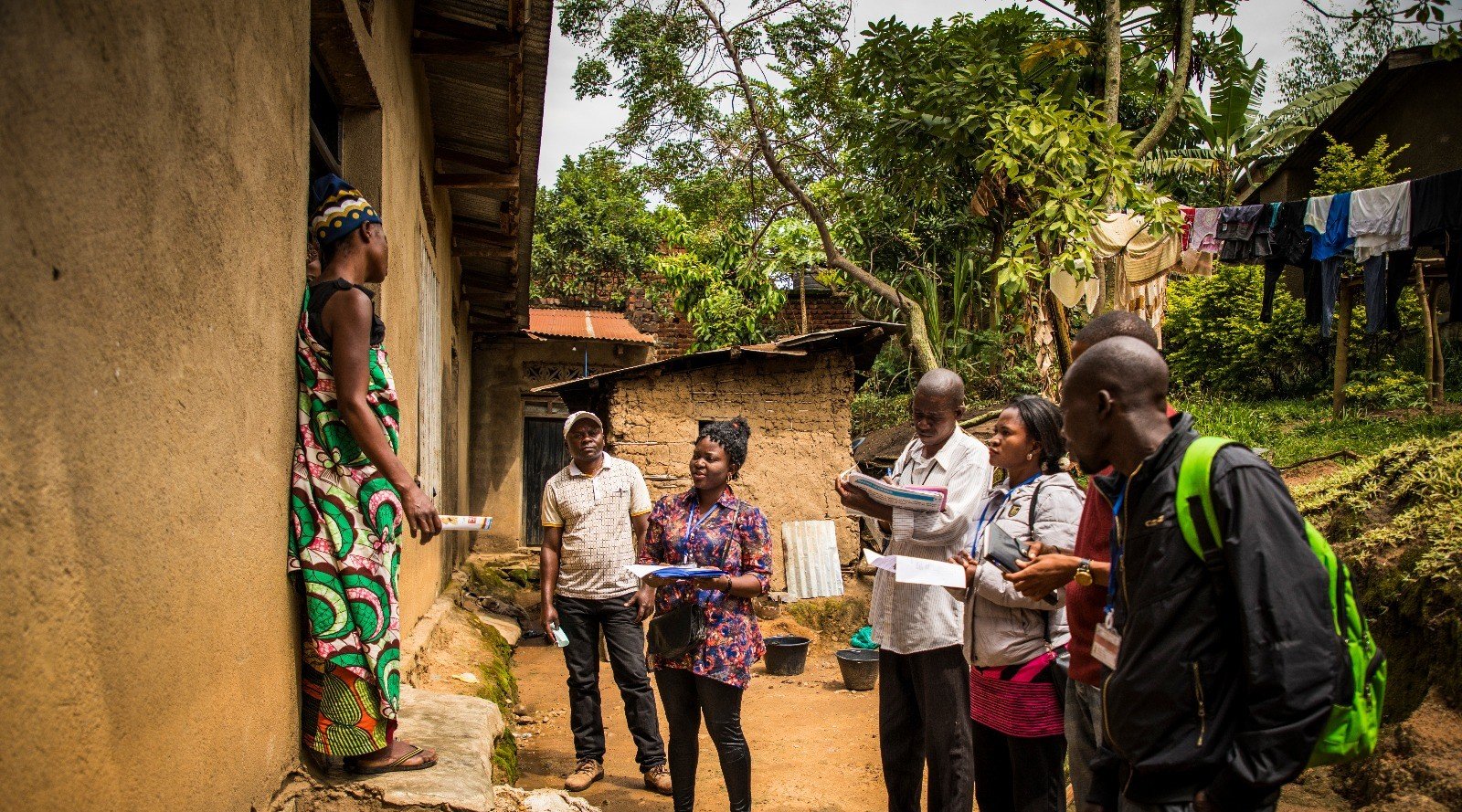

Ebola
North Kivu/Ituri, Democratic Republic of the Congo, August 2018 - June 2020
Overview
Led by the Government and the Ministry of Health of the Democratic Republic of the Congo and supported by the World Health Organization and partners, the response involved training thousands of health workers, registering 250 000 contacts, testing 220 000 samples, providing patients with equitable access to advanced therapeutics, vaccinating over 303 000 people with the highly effective rVSV-ZEBOV-GP vaccine, and offering care for all survivors after their recovery.
The response was bolstered by the engagement and leadership of the affected communities. Thanks to their efforts, this outbreak did not spread globally. More than 16 000 local frontline responders worked alongside the more than 1500 people deployed by WHO. Support from donors was essential, as was the work of UN partner agencies, national and international NGOs, research networks, and partners deployed through the Global Outbreak Alert and Response Network. Hard work to build up preparedness capacities in neighbouring countries also limited the risk of the outbreak expanding.
Work will continue to build on the gains made in this response to address other health challenges, including measles and COVID-19.
Read more about ending an Ebola outbreak in a conflict zone
Disease outbreak news - start of the outbreak - end of the outbreak
Current situation
Resurgence of Ebola in North Kivu in the Democratic Republic of the Congo
7 February 2021
For the latest information of the current situation and public health response by the Ministry of Health, WHO, and partners, please refer to the Disease Outbreak News and situation reports.
WHO Response
The public health response pillar (Pillar 1) of the fourth Strategic Response Plan (SRP-4) for the Ebola virus disease outbreak in the provinces of North Kivu and Ituri seeks to take into account the new strategy to scale-up the response in order to interrupt the epidemic. It focuses on the following:
- Detection and rapid isolation of cases;
- Intensification of rapid multidisciplinary public health actions around any confirmed case;
- Strengthening community engagement;
- Strengthening the health system and effective coordination of the activities of local and international partners;
- Synergies between public health activities and those of the security, humanitarian, financial and operational readiness sectors, and operational readiness of neighbouring countries, to create an enabling environment for the response.
Working as a team to beat Ebola
Two days in North Kivu, the Democratic Republic of the Congo
